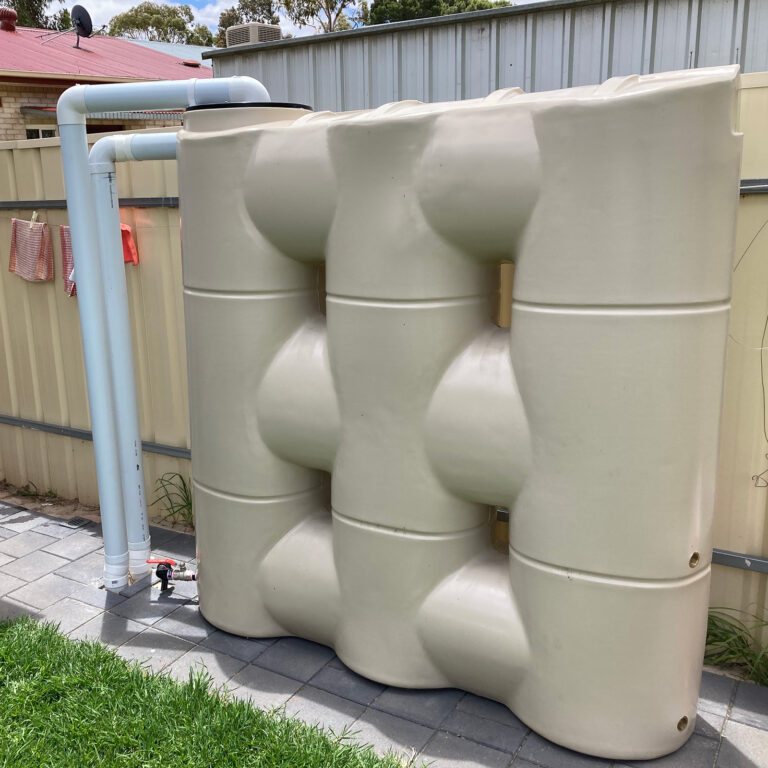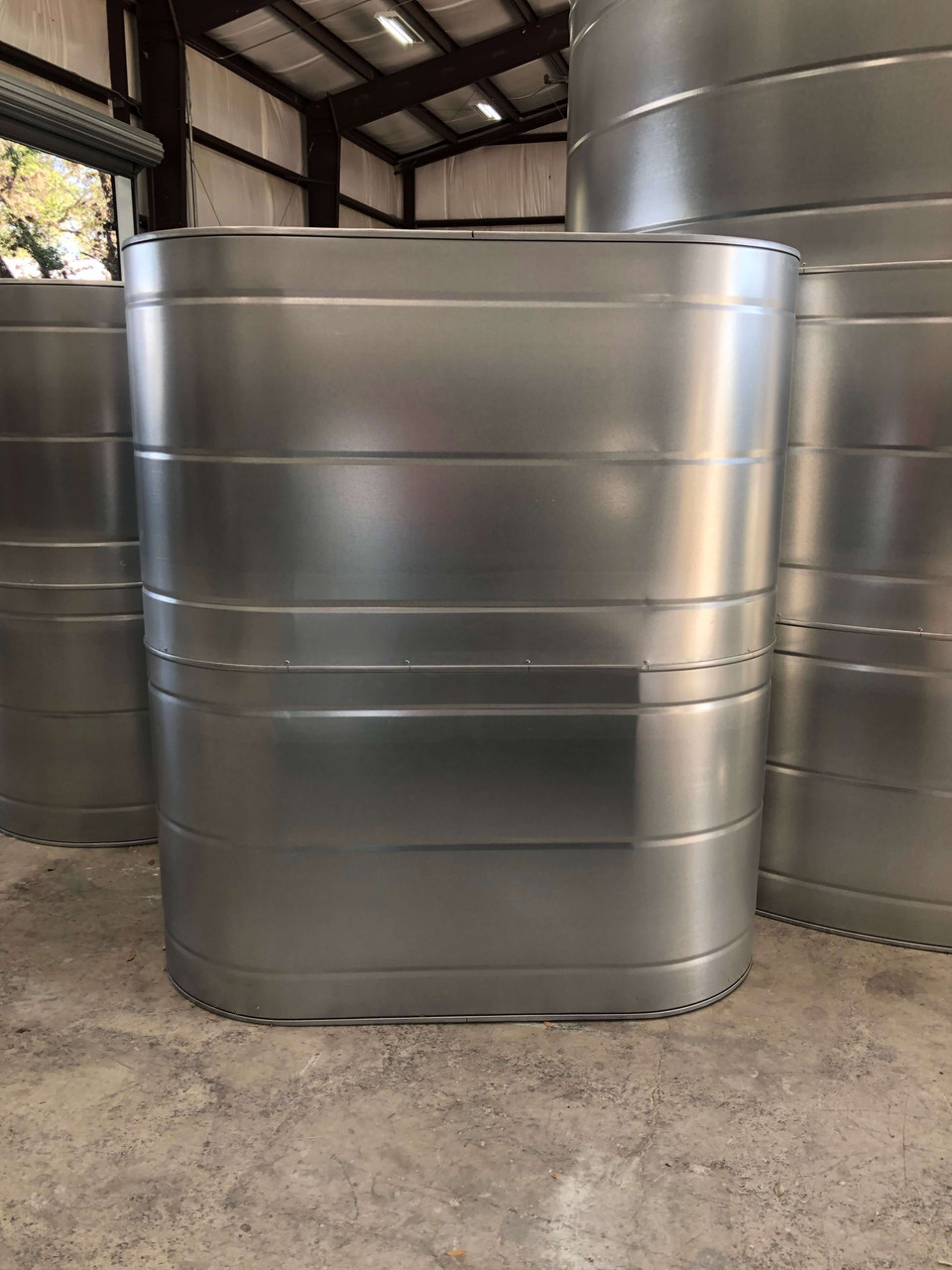Trustworthy Slimline Water Tanks: Optimize Your Water Storage Capability
Trustworthy Slimline Water Tanks: Optimize Your Water Storage Capability
Blog Article
Discovering the Various Usages of Rainwater Storage Tanks for Residential and Commercial Properties
As the worldwide concentrate on sustainable living practices remains to magnify, the use of rain tanks in both property and commercial settings has actually emerged as an important remedy. These tanks provide a storage tank for rain harvesting, presenting a myriad of prospective applications that expand much past mere storage. From watering to commode flushing and landscape design, the flexibility of rainwater storage tanks is large. Their combination into industrial buildings opens up a world of opportunities for environmentally conscious organizations. The multifaceted uses rainwater tanks present a compelling case for their adoption, not just as a functional water-saving action but also as a testimony to liable source monitoring.
Benefits of Making Use Of Rainwater Tanks
Utilizing rainwater storage tanks provides numerous benefits for both homes and communities in regards to water conservation and sustainability. Among the crucial benefits of using rain tanks is the substantial reduction in dependence on mains water supply - Slimline water tanks. By capturing and keeping rain for later use, people and neighborhoods can decrease their demand for cured water, eventually alleviating the worry on water therapy centers and reducing power consumption related to water transport and therapy
Moreover, rain harvesting via tanks supplies a reliable different water source during times of water constraints or lacks. This saved rainwater can be used for numerous non-potable purposes such as irrigation, purging toilets, and washing garments, decreasing the pressure on traditional water sources. In addition, using rainwater storage tanks can bring about cost savings for both households and areas by lowering water expenses and reducing the demand for costly infrastructure developments to satisfy growing water needs.
Basically, the utilization of rainwater storage tanks uses a lasting and eco-friendly method to water administration, profiting both specific customers and the more comprehensive community in terms of water conservation, cost-efficiency, and durability.
Rainwater Storage Tank Use in Irrigation
Provided the advantages of rain storage tanks in saving water sources and lowering dependence on keys water supply, a significant application hinges on utilizing stored rainwater for irrigation purposes - Slimline water tanks. Rainwater harvesting systems can effectively collect and store rain, giving a lasting water resource for sprinkling gardens, yards, and agricultural fields. By using rain for watering, homeowner can minimize their reliance on treated water sources, leading to set you back financial savings and environmental benefits

Among the primary benefits of using rainwater for watering is its purity. Rain is naturally soft and without the chemicals check and ingredients frequently discovered in keys water, making it perfect for beneficial plants without the threat of hazardous results. In addition, rain goes to ambient temperature, which can profit plant development by preventing temperature shocks that can take place with cold mains water.
Rain Containers for Toilet Flushing

Carrying out rainwater containers for bathroom flushing is an affordable and eco-friendly technique that can be easily incorporated into both residential and industrial homes. The stored rainwater can be used to purge bathrooms by attaching the storage tank to the existing pipes system. This easy yet reliable service can significantly lower water usage in a structure, especially in locations where water scarcity is a problem.

Incorporating Rain Storage Tanks in Landscaping
These storage tanks can catch and keep rain drainage from roofing systems, which can then be utilized for sprinkling yards, yards, and plants. By utilizing rain for irrigation objectives, property owners can reduce their reliance on municipal water resources, leading to set you back financial savings and conservation of priceless water sources.
In addition to providing a sustainable water source for landscape design demands, rain containers can additionally assist in taking care of stormwater drainage. By capturing rainwater that would go to this web-site otherwise stream into storm drains pipes, these storage tanks can reduce erosion, decrease flooding risks, and stop pollution of all-natural water bodies. In addition, integrating rain storage tanks in landscape design can add to the total aesthetic allure of the property, showcasing a commitment to ecological stewardship.
Industrial Applications of Rain Tanks
Using rainwater storage tanks in industrial setups supplies a lasting service for water monitoring and preservation, profiting organizations and the environment alike. Commercial applications of rainwater containers vary and significantly prominent as a result of the cost financial savings and environmental benefits they give. One vital commercial usage is for irrigation purposes, where gathered rain can be utilized to water landscape design, yards, and farming areas surrounding commercial properties. This can lead to significant reductions in water expenses and reliance on community water sources.
Additionally, rain collected in containers can be treated and utilized for non-potable functions within commercial residential properties, such as flushing commodes, cleansing, and cooling systems. In general, the incorporation of rain containers in industrial setups offers a practical and eco liable method to water administration.
Verdict
In final thought, rain tanks offer many advantages for both residential and commercial properties. From watering to bathroom flushing and landscaping, making use of rain containers can help save water sources and lower water expenses. Additionally, integrating rain containers in commercial setups can result in substantial price financial savings and environmental benefits. In general, the convenience and sustainability of rain containers make them an important financial investment for any homeowner looking to increase water effectiveness.
Report this page